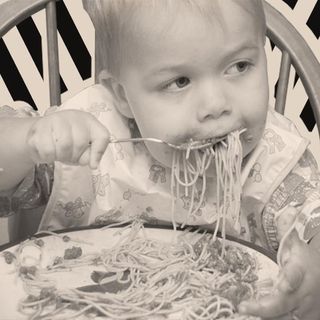When I was young, my dad used to tell me a story about “Indian crabs.” You’ve probably heard it: Indian crabs, when left in an open box, aren’t able to get out. Not a single one. Why? Because the moment one crab does better than the others and reaches higher, the others pull it back down. I’d say this story holds true all around the world, however, and relates not just to achievement, but also to behavior; good guys, like high achievers, everywhere are often “put in their place” in competitive environments.
Now there’s research to back up my dad’s story: According to a new study, in competitive situations, we often try to tear down people who are more generous and cooperative. In other words, expressing suspicion, jealously and hostility towards nicer or better people is embedded deep in the human psyche.
“Most of the time we like the cooperators, the good guys. We like it when the bad guys get their comeuppance, and when non-cooperators are punished,” said study author Pat Barclay, a professor of psychology at the University of Guelph, Canada. “But some of the time, cooperators are the ones that get punished. People will hate on the really good guys. This pattern has been found in every culture in which it has been looked at.”
The researchers wanted to know “why are people built in such a way that they will react against that overly generous person, and want to bring down the person who appears too good?” he added.
Antagonism seems to stem from a belief that the other’s nicer, better behavior or performance makes everyone else look bad and raises the bar of expectation. This is especially true of groups whose members are very competitive; in such scenarios, attempts to undercut or discredit the person’s goodness or success is common even if it jeopardizes the whole group and/or the ‘punisher.’
However, in groups that are not competitive, cooperation increases, the study shows.
In some ways, this may not be a bad thing. For some groups, the instinct to pull down a better or nice peer may be a way of maintaining equality. Previous anthropological studies of egalitarian hunter-gatherer or forager societies, support this.
The problem, however, emerges when the instinct prevents action that can uplift everyone. Barclay uses environmentalism — and the backlash of the impractical, holier-than-thou, do-good tree-hugger stereotype — as an example.
“It is a way of bringing those people back down, and stopping them from looking better than oneself in their attempts to protect the environment or address social inequality,” said Barclay. “One potential benefit of this research is that by identifying and raising awareness of this competitive social strategy and what it does, maybe it will be less likely to work.”
And maybe the crabs will finally escape the box.




